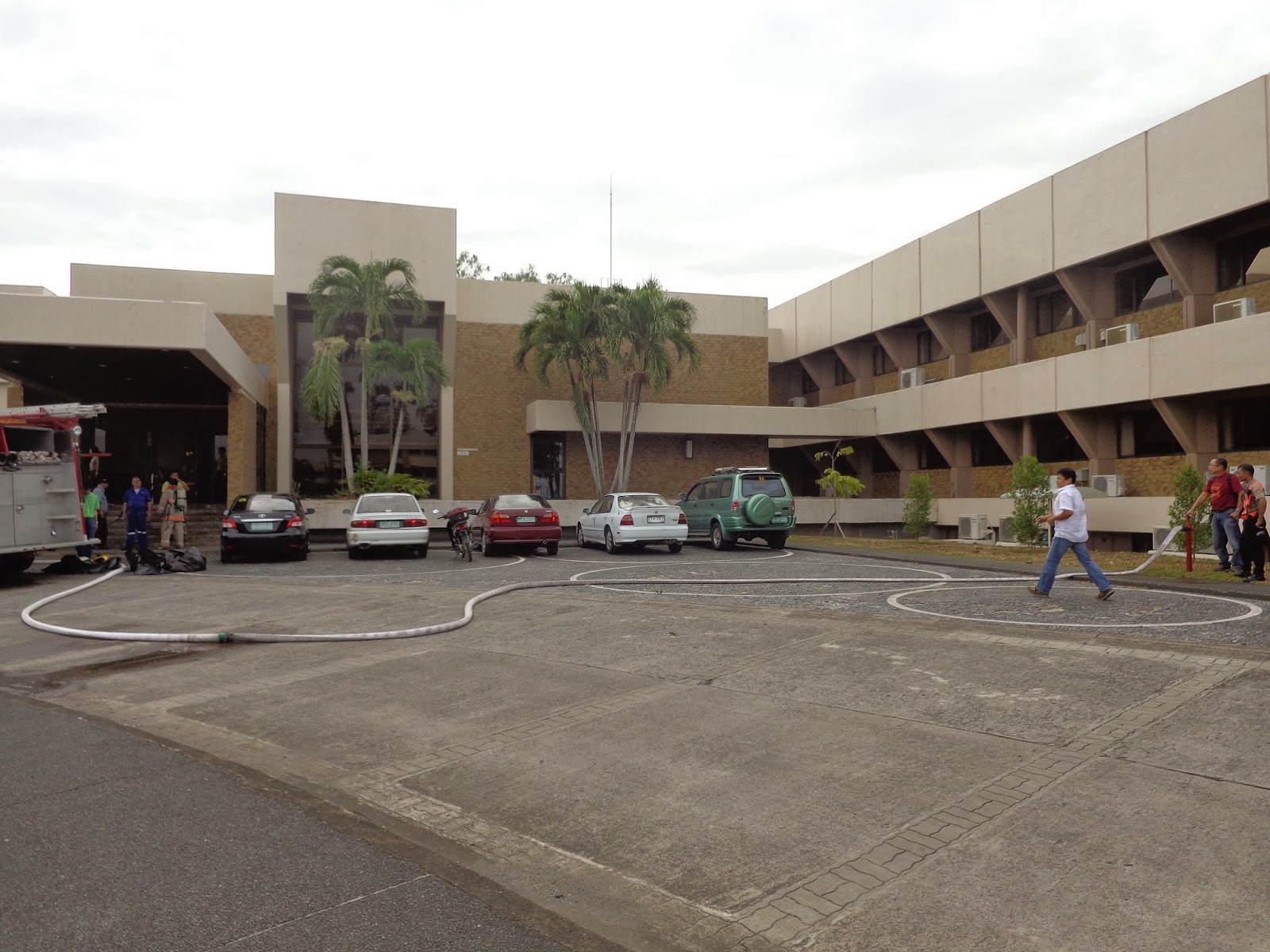Sonam Wangdi, Phuentshogling
Apr 10 2014
Sadhu-Madhu village under Phuentshogling Gewog looks lush green. After a month of sowing, acres of maize plantation are ready to bear fruits. The promising yield is attributed to hybrid seeds the villagers were provided with.
The Ministry of Agriculture and Forests had distributed five different hybrid seeds to 26 households in the village. Under the programme, ‘Spring Maize Production’, the villagers were also provided two types of local maize seeds.
The villagers have used 30 acres of land to sow the new hybrid seeds.
“We planted the seeds a month back and without so much of a care, the plants have grown tall,” said a villager, Mangso Drukpa. He said it will grow even taller in days to come.
Another villager, Sabitra Mongar, said for someone like her, whose landholding isn’t as much, they wouldn’t have to buy maize from the market, this time.
The Monggar’s Maize Production Coordinator from Research Development Center, Dorji Wangchuk, the programme is to boost mass maize production by the end the current five-year plan. Another objective, he said, is to meet food security and self-sufficiency in the country.
“If we look at our agro-ecological conditions, maize is a very versatile crop. It can be grown under a wide range of environment.” Dorji Wangchuk said in the wake of the changing climate, maize has the higher potential to adapt to different environment.
He said, by growing maize in the paddy fields, farmers will not have to leave their land fallow during dry season.
For now, the seeds were provided to the farmers for self-consumption. However, officials said, even for commercialisation of the crop, there is already a ready market.
“Maize, conventionally considered being a pro-poor crop, now has a huge market potential.” He said private entrepreneurs like Karma Feeds, due to the springing of poultry farms in the country, have a huge demand for the feeds. “Similarly, Army Welfare Project, they require a huge amount of maize for brewing.”
After cultivation of the crop in June, evaluations will be carried out to see the best hybrid seeds that the farmers prefer and only the preferred ones will be distributed to them from the next season.
Similar programme is also being carried out in 300 acres of land spread over the southern belt.
The hybrid seeds were bought from India.
























































